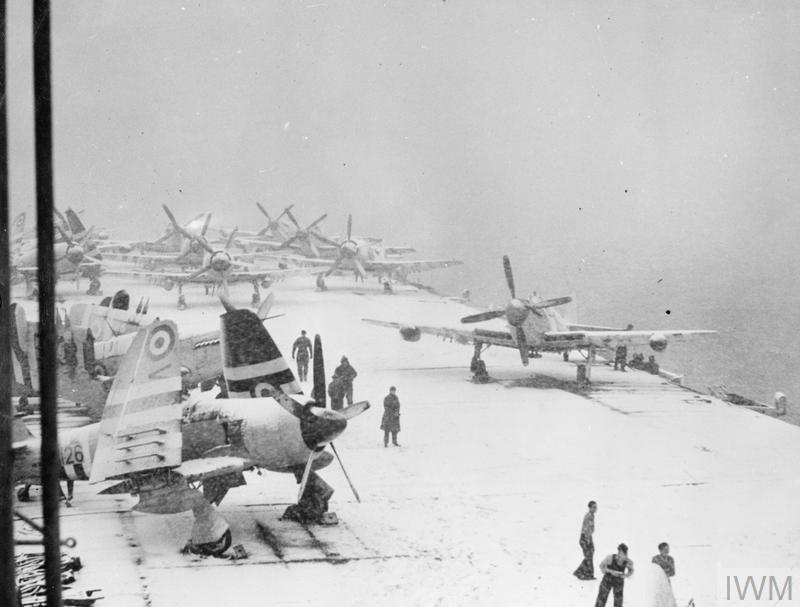One of the nice things about my job is that I get to work with some the most talented young historians in the field today. Alexander Shaw is one of those working and publishing in international history. He is active in archives including the UK ‘Migrated Archives’ and addresses many questions pertinent to readers of this website. His work on British policy towards East & Southeast Asia covers Hong Kong, Singapore, and small but strategically significant countries like Brunei. He has also put forth compelling new evidence and arguments about British strategic debates during the Korean War.
Alexander is currently a PhD student at the University of Leeds, having won funding from the Arts & Humanities Research Council (AHRC), researching a doctoral thesis entitled ‘British Intelligence, Internal Security and the Cold War in the Far East: Regional and Local Human Intelligence Operations in Singapore, 1948-59’. He has presented papers at the University of Oxford and at various conferences in Europe.

Alexander Nicholas Shaw, ‘We Have Just About Had It’: Jack Slessor, the Foreign Office, and the Anglo-American strategic debate over escalation of the Korean War, 1950-51,’ Yonsei Journal of International Studies, Vol. 6 Iss. 2, 2014.
Abstract: This paper develops a new understanding of the Anglo-American strategic debate during the first year of the Korean War, using hitherto absent material from the personal papers of one of its major participants: the British Chief of the Air Staff, Marshal John ‘Jack’ Slessor. In deciding to intervene in the Korean conflict, Britain and the United States were united in motivations: reacting out of geopolitical, international and Cold War psychological considerations. But the enhanced vulnerability of British territorial possessions in East Asia, in addition to the proximity of the British homeland to Soviet nuclear forces in Europe, conditioned a more cautious strategic policy. In response to the strategic conflict with the escalatory policies of General Douglas MacArthur, the British state was not a unitary actor. Slessor and the military lobby engaged in vocal criticism of the Pentagon’s war prosecution, using their own channels in Washington to articulate concern. Conversely, Ernest Bevin’s Foreign Office was reluctant to take measures which could jeopardize his vision of an enduring transatlantic alliance. Building on the research of authors including Peter Lowe, the paper argues that this inter-departmental dissension within the British decision-making establishment was a vital determinant of transatlantic strategic policy. Only once the Foreign Office became confident that the alliance was sufficiently solidified did it emerge in full support of Slessor’s position. As a consequence of this newly established unity, the opinions of MacArthur’s London-based detractors were to prove a vital factor in precipitating President Truman’s decision to dismiss the controversial General.

The Queen’s Own Highlanders on patrol in Brunei, circa 1962. Image (TR 18614) via Imperial War Museum.
Alexander Nicholas Shaw, British counterinsurgency in Brunei and Sarawak, 1962–1963: developing best practices in the shadow of Malaya, Small Wars & Insurgencies Vol. 27 , Iss. 4, 2016.
Abstract: This paper uses recently-released material from the ‘Migrated Archives’ to provide an original counterinsurgency analysis of the TNKU revolt in Brunei and Sarawak from December 1962 to May 1963. It argues that, despite a failure to act upon intelligence predicting the outbreak of insurgency, Britain developed a highly effective counterinsurgency organisation. These records also indicate that decision-makers drew inspiration from the Malayan Emergency to inform success in Brunei. Although Malaya has been challenged as a counterinsurgency paradigm, the Brunei operations show the utility of striking a balance between inappropriately copying from past campaigns and developing best practices applicable to the unique environment of Borneo. In turn, the evolution of effective operational practices in Brunei informed their successful application to the subsequent Indonesian Confrontation.

Alexander Nicholas Shaw, ‘Strong, United and Independent’: the British Foreign Office, Anglo–Iranian Oil Company and the internationalization of Iranian politics at the dawn of the Cold War, 1945–46, Middle Eastern Studies Vol. 52 , Iss. 3, 2016.
Abstract: This article challenges traditional accounts of the 1946 Cold War Crisis in Iran by moving beyond Soviet–American confrontation to focus on British policy. In contrast to the United States, Britain was a major stake-holding power in Iran due to the valuable holdings of the Anglo–Iranian Oil Company (AIOC). By comparing the reactions of the AIOC and Foreign Office, continuity between the events of the 1946 Crisis and later developments in the Mosaddegh premiership becomes apparent. Soviet interference in Azerbaijan prompted great concern from representatives in Iran, but the central Foreign Office pursued a more cautious policy. Only concerns relating to the growth of domestic Iranian communism in the form of the Tudeh Party and the threat this entailed to the British concession prompted the Foreign Office and AIOC to take measures rendering them partially complicit in the internationalization of Iranian politics, setting an important precedent for future action. This article evaluates the policy-making process and its impact on Anglo–Iranian relations by utilizing records from the UK National Archives, British Petroleum Archive and diplomatic personal papers.
Lead image: ‘Rear Admiral A.K. Scott-Moncrieff ashore on Korean Island, June 1952’ via Imperial War Museum.
